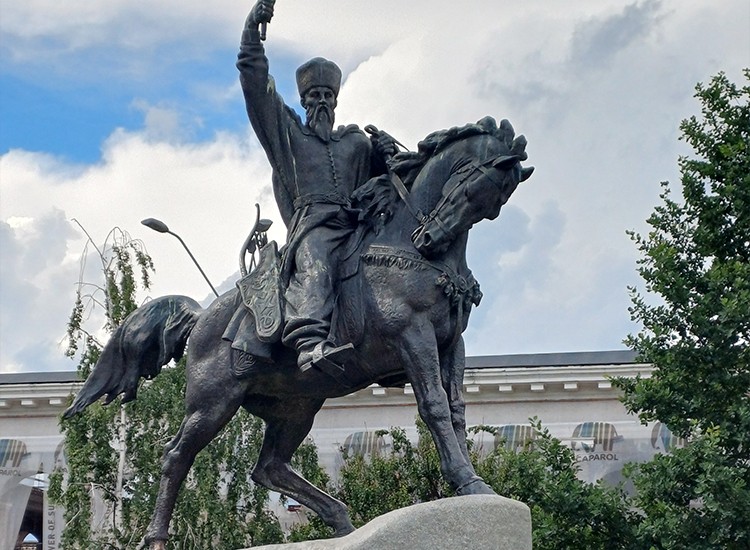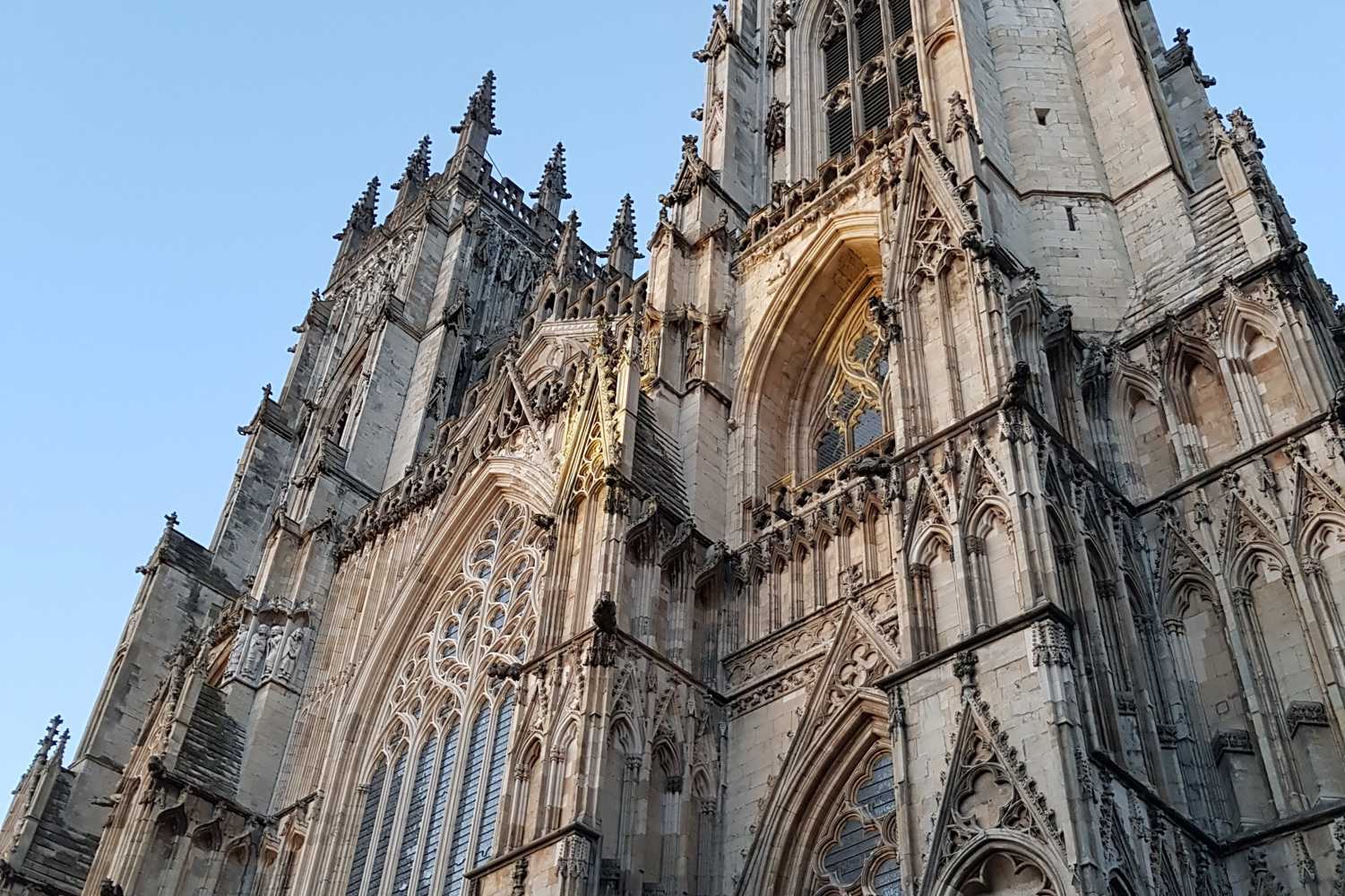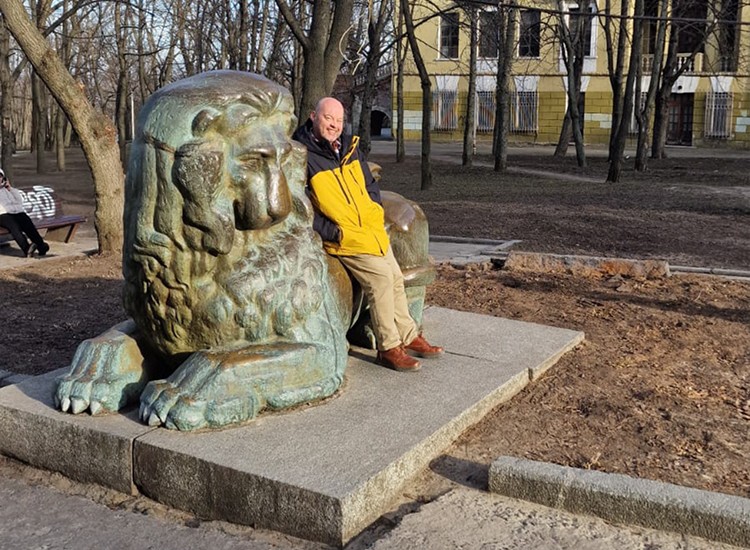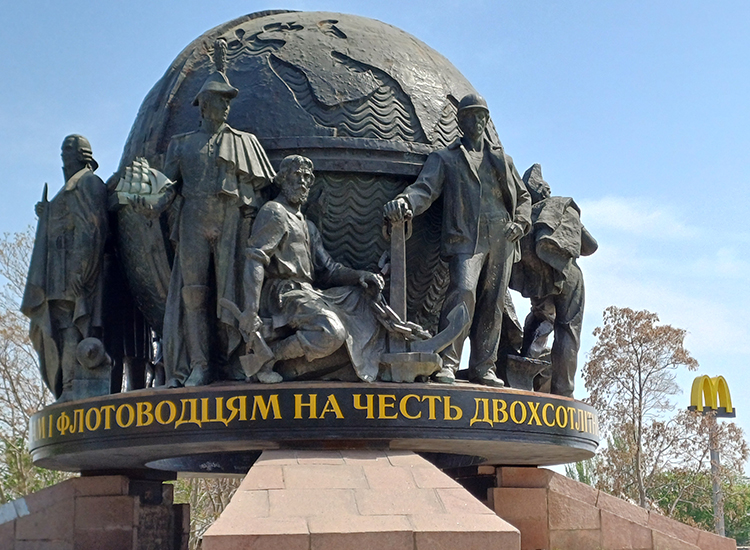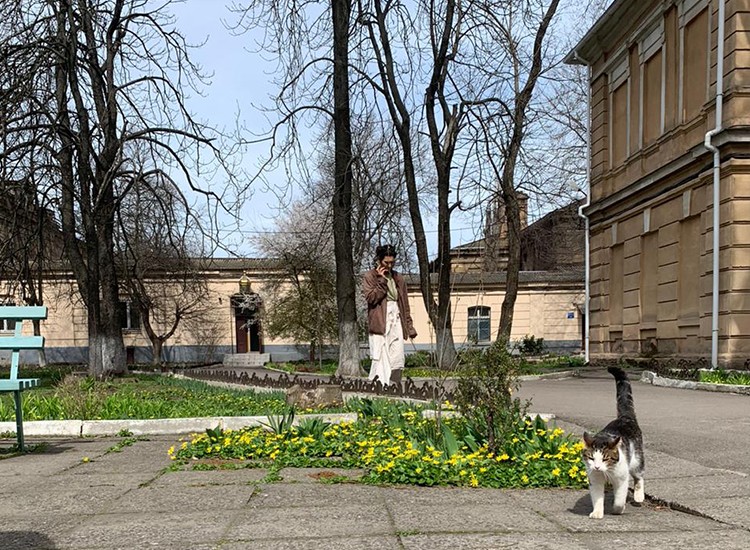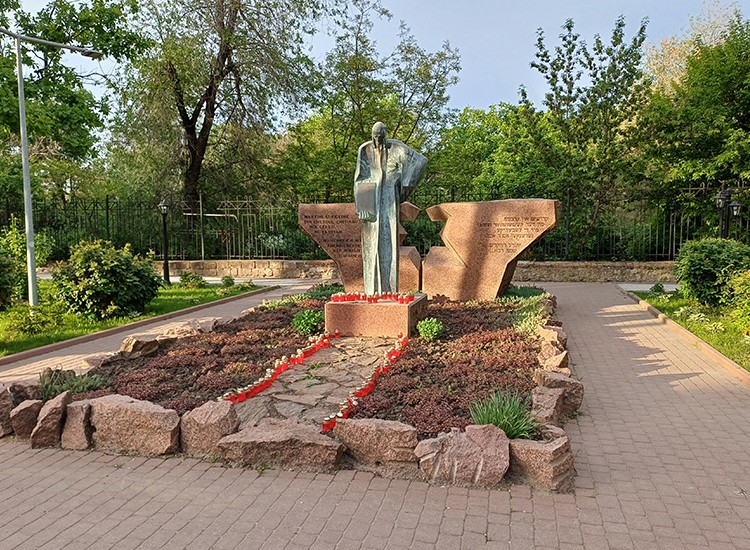Seven Corporal Works of Mercy
The Seven Corporal Works of Mercy are integral to the Church's teachings, emphasizing the call to serve and care for others, particularly those in need. Rooted in the teachings of Jesus Christ, these acts are considered essential for living a Christian life of compassion and charity. They are practical expressions of love and kindness, encouraging believers to extend their hands to alleviate physical suffering.
The call, to 'Feed the Hungry' reflects our most basic imperative to provide sustenance to those who lack food. Christian are asked to share their resources and ensure that no one goes hungry. In a practical sense, this can be done through direct acts such as donating food, supporting food banks, or participating in community meal programs. In doing so we are reminded of Jesus' teaching to "give them something to eat" (Matthew 14:16).
I am happy to have been 'Giving Drink to the Thirsty' all of my working life as a 'WaSH Practitioner; providing clean, safe drinking water as a fundamental human need and a basic right. Catholics are encouraged to support efforts to ensure access to water for all, whether through local initiatives or international projects. From a wider perspective, this work of mercy also symbolizes offering comfort and refreshment to those in need, aligning with Jesus' words, "I was thirsty and you gave me drink" (Matthew 25:35).
In these days of 'fast fashion' and a super-abundance of cheap clothing flooding the markets 'Clothing the Naked' is not such a difficult obligation to satisfy. Providing appropriate clothing to those who lack it, might be as easy as dropping off last year's excess purchases at you nearest second hand clothing shop or collection site. This activity underscores the dignity of every person and the need for protection and warmth. This act of mercy echoes the biblical mandate to "clothe the naked" (Isaiah 58:7).
'Sheltering the Homeless' is almost an alien concept these days in our modern world. Trying to second guess why people are homeless and trying to determine whether the homeless harbour some hidden agenda or in fact 'made themselves homeless' is a somewhat draining pre-occupation However, addressing homelessness is a crucial aspect of Catholic social teaching. Providing shelter and safe living conditions for those without homes is a direct response to Christ's call to "welcome the stranger" (Matthew 25:35). This work of mercy encourages believers, at a minimum to support housing initiatives, and advocate for policies that address the root causes of homelessness. Offering personal hospitality can be far more demanding but so much more worthy.
Visiting the sick involves offering companionship, comfort, and care to those suffering from illness or injury. This corporal work of mercy reflects Jesus' healing ministry and his compassion for the sick. Catholics are urged to visit hospitals, nursing homes, and the homes of those who are ill, bringing not only physical aid but also emotional and spiritual support. This would seem to be a far less demanding task yet in our modern world so full of distractions it may seem near impossible to cut out the time to sit and listen to the elderly and sick on a regular basis.
'Visiting the Imprisoned' an even more difficult task unless we consider those 'imprisoned by loneliness, sickness and bereavement'. This work of mercy calls for compassion and support for those incarcerated (physically and mentally). It is a reminder of the dignity of every person, regardless of their circumstances. Visiting the imprisoned involves offering moral and spiritual support, advocating for humane treatment, and assisting with reintegration into society. Jesus' words, "I was in prison and you came to visit me" (Matthew 25:36), highlight the importance of this act.
Providing a dignified burial for the deceased is a corporal work of mercy that honours the dead and offers comfort to the bereaved. It reflects the belief in the sacredness of human life and the hope of resurrection. Catholics are encouraged to participate in funeral rites, support grieving families, and ensure that the dead are treated with respect and dignity. The Book of Tobit describes his practice of burying the dead Israelites who were killed and left unburied during the reign of King Shalmaneser of Assyria. Tobit recounts how he would go out at night to bury them secretly, despite the danger to his own life. (Tobit 1:16-18)
These Seven Corporal Works of Mercy are more than mere acts of charity; they are expressions of faith in action, grounded in the teachings of Jesus Christ. They challenge Catholics to look beyond their own needs and recognize the face of Christ in those who suffer. By practicing these works of mercy, believers not only help to alleviate the immediate physical needs of others but also build a more compassionate and just society. Through these acts, the faithful live out the commandment to love one's neighbor as oneself, embodying the heart of the Gospel message.
Estimated walking time
Not to be contemplated!
Estimated running time
Not so sensible either!
Best to take a Bus or Train!
And best spread out - one day at a time.
Book/Chapter/Verse - TBA
Feeding the Hungry
Kyiv
"Key scriptural text to be added"
Book/Chapter/Verse - TBA
Giving Drink to the Thirsty
Kharkiv
"Key scriptural text to be added"
Book/Chapter/Verse - TBA
Clothing the Naked
Dnipro
"Key scriptural text to be added"
Book/Chapter/Verse - TBA
Shelter the Homeless
Mykolaiv
"Key scriptural text to be added"
Book/Chapter/Verse - TBA
Visit the Sick
Odessa
"Key scriptural text to be added"
Book/Chapter/Verse - TBA
Visit the Imprisoned
Lviv
"Key scriptural text to be added"
Book/Chapter/Verse - TBA
Bury the Dead
Vinnytsia
"Key scriptural text to be added"
Book/Chapter/Verse - TBA
xxxx
Chisinau
"Key scriptural text to be added"

